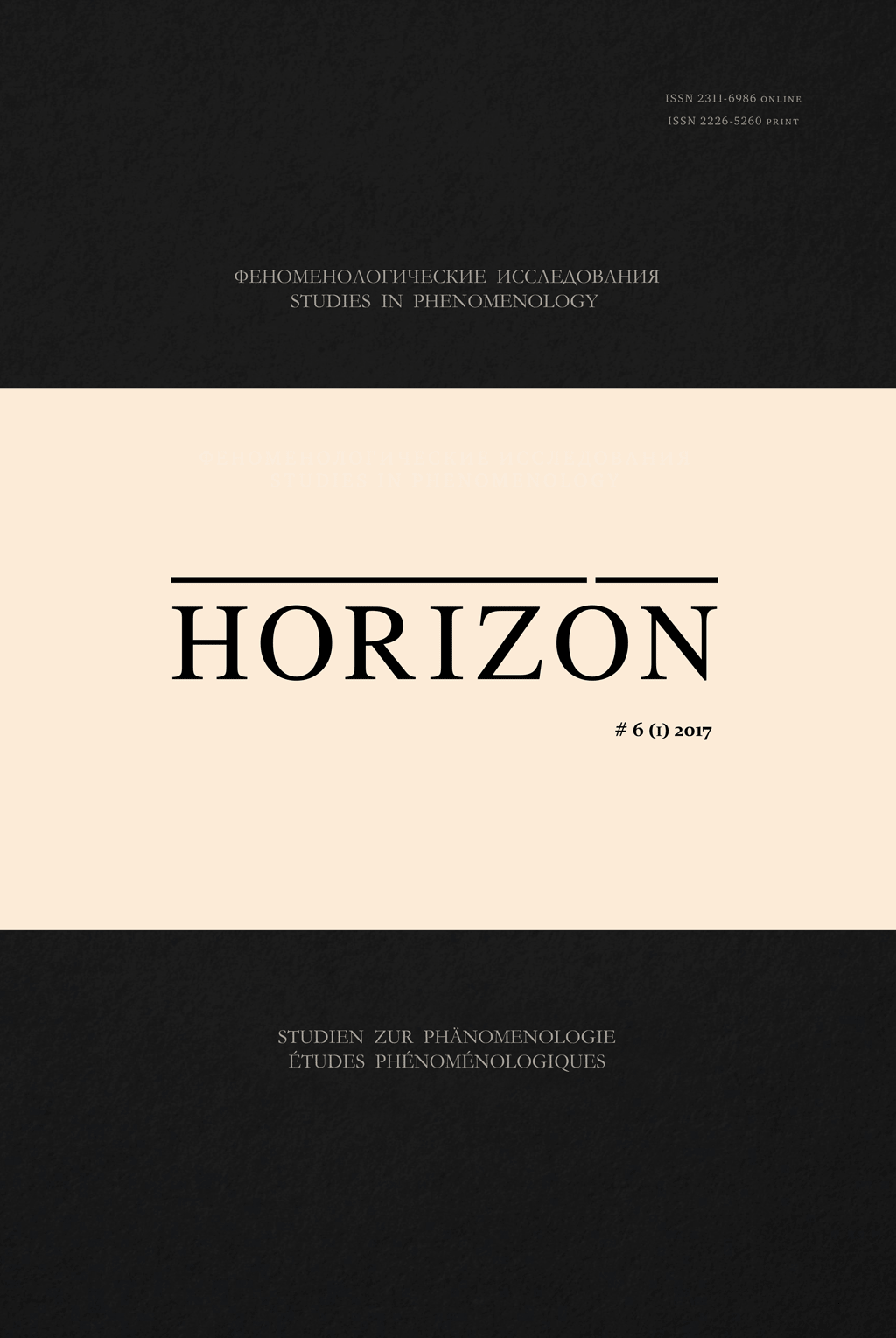ФИЛОСОФИЯ ВАСИЛИЯ СЕЗЕМАНА:
НЕОКАНТИАНСТВО, ИНТУИТИВИЗМ И ФЕНОМЕНОЛОГИЯ
THE PHILOSPHY OF VASILY SESEMANN:
NEO-KANTIANISM, INTUTIVISM AND PHENOMENOLOGY
Author(s): Dalius JonkusSubject(s): German Idealism, Phenomenology
Published by: Издательство Санкт-Петербургского государственного университета
Keywords: Vasily Sesemann; neo-Kantianism; intuition; phenomenology; intuitivism; critical realism; Husserl
Summary/Abstract: Vasily Sesemann’s philosophy is still insufficiently investigated, especially its relationship withphenomenology. Modern researchers often classify Sesemann’s philosophy as neo-Kantianism,although they also admit its relationship with phenomenology. Sesemann often defined his positionas critical realism. He emphasised the difference between his philosophy, the logical idealism ofneo-Kantianism and the transcendental idealism of Husserl’s phenomenology. It should also beemphasised that an understanding of critical realism in Sesemann’s philosophy is intertwinedwith the concept of intuition in Russian intuitivism and phenomenological philosophy. Sesemanncriticizes neo-Kantian idealism, because this philosophical construction is based on scientificknowledge and rejects the immediate givenness of reality. The article discusses Sesemann’sphilosophy in the context of neo-Kantianism, intuitivism and phenomenology. The purpose of thisarticle is to show that Sesemann criticises neo-Kantian epistemology resorting to a phenomenologicalidea of direct knowledge. Sesemann understands intuition as a direct access to the things themselves,as a practical understanding of the world, which is the basis of logical and scientific knowledge.Sesemann transforms the concept of intuition from the theoretical into practical and establishesa relationship between the act of cognition and intuition of values. Although Sesemann’s evaluationof phenomenology remains ambivalent: firstly, he understands Husserl’s phenomenology as anintuition, i.e. as a direct approach to the things themselves, and, secondly, phenomenology for himis a return to the idealistic tradition with which she fought.
Journal: Horizon. Феноменологические исследования
- Issue Year: 6/2017
- Issue No: 1
- Page Range: 79-96
- Page Count: 18
- Language: Russian

